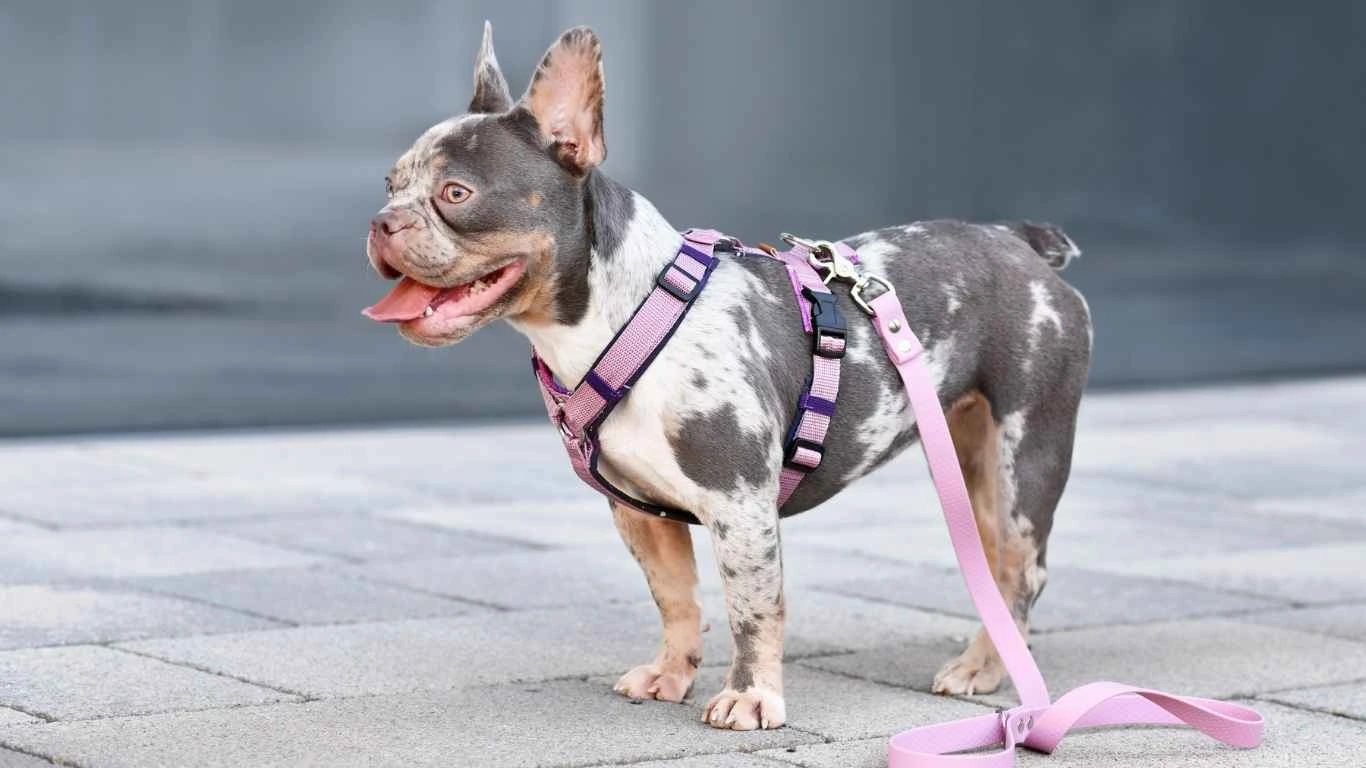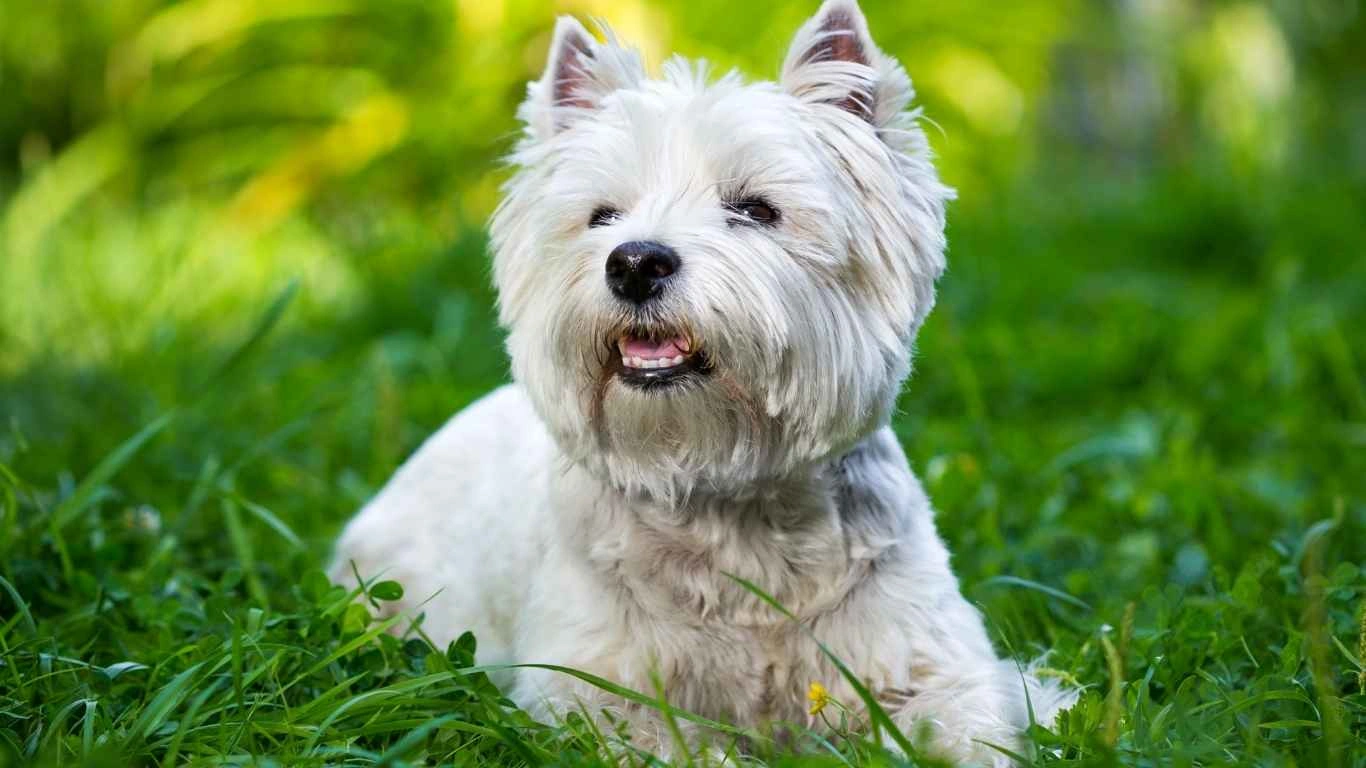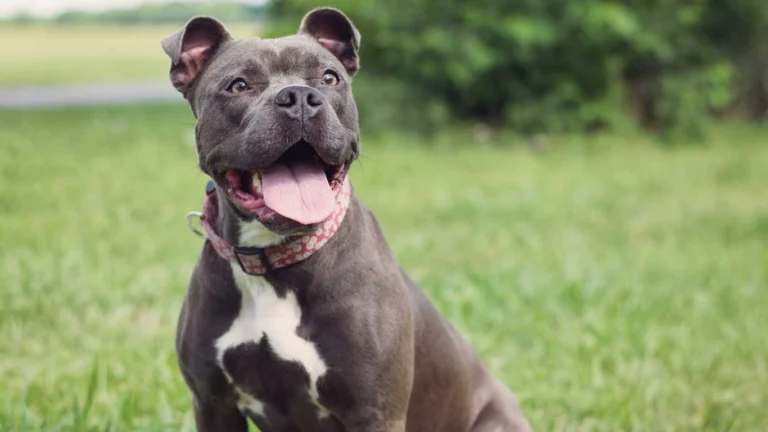Best Diet for Dogs Prone to Kidney Stones That Actually Works
If you’re like me, someone who has spent years working hands-on with animals as an Animal Care Specialist, you know that keeping dogs healthy is more than just feeding them any old kibble. Especially when it comes to dogs prone to kidney stones, diet plays a huge role. Finding the best diet for dogs prone to kidney stones isn’t always straightforward, but it’s absolutely critical for their well-being and comfort. From my experience in shelters and clinics, I’ve seen how a tailored nutritional plan can make a massive difference — not just in managing kidney health, but in boosting overall vitality and happiness.
Understanding Kidney Stones in Dogs

What Exactly Are Kidney Stones?
Kidney stones, or renal calculi, are hard mineral deposits that form in a dog’s urinary tract. They can cause a lot of discomfort, blockages, and in severe cases, lead to infections or kidney damage. These stones typically form when urine becomes overly concentrated with minerals like calcium, oxalate, or phosphate, which then crystallize. I’ve seen dogs in shelters who come in with recurring kidney stones, and it’s heartbreaking because many of these cases could be managed better with the right diet and hydration habits.
Why Diet Matters So Much
From my day-to-day work, one clear lesson stands out: diet directly impacts the formation and prevention of kidney stones. Certain ingredients can either encourage mineral buildup or help flush out the system. That’s why vets and animal care professionals often emphasize dietary management as the first line of defense. A food that supports kidney health isn’t just about avoiding harmful minerals — it’s also about ensuring balanced nutrition so your dog stays strong and active.
The Best Diet for Dogs Prone to Kidney Stones

Low Mineral Content is Key
The foundation of the best diet for dogs prone to kidney stones is reducing minerals that contribute to stone formation. This means limiting:
- Calcium in excess, as it can form calcium oxalate stones
- Phosphorus, since too much stresses the kidneys
- Magnesium, which can encourage struvite stone formation
When I’ve advised pet owners, I always recommend checking ingredient labels carefully — some dog foods are packed with mineral-rich additives that can do more harm than good for dogs with kidney concerns.
Hydration-Boosting Foods
Water is the unsung hero in preventing kidney stones. A diet that supports hydration helps dilute urine and flush out crystals before they settle. Wet or canned foods are fantastic because they naturally contain higher moisture content compared to dry kibble. From my experience, dogs who switch to diets including more wet food or even homemade broths tend to show fewer urinary issues over time.
Balanced Protein Intake
Protein is a must for any dog’s diet, but when kidney stones are a risk, it’s all about quality and quantity. Too much protein, especially from low-quality sources, can increase the workload on the kidneys. I’ve worked with several dogs where reducing protein slightly, while improving its quality (think lean meats and fish), made a noticeable difference in their kidney health.
Natural Ingredients and Supplements
In my time at the shelter, I’ve noticed that diets rich in natural ingredients and antioxidants help support kidney function and overall immunity. Ingredients like cranberries, omega-3 fatty acids from fish oil, and certain herbs can be beneficial. Always check with your vet before adding supplements, but these natural boosters can complement the best diet for dogs prone to kidney stones perfectly.
How to Choose Commercial Dog Foods for Kidney Stone Prevention

Reading Labels Like a Pro
One of the trickiest parts for dog owners I’ve worked with is navigating the grocery aisle or pet store to find a food that suits dogs prone to kidney stones. With so many options out there, it’s easy to get overwhelmed. Here’s the deal from someone who’s spent years in shelters and clinics: always read the ingredient list and guaranteed analysis. Look for foods that clearly state lower levels of phosphorus and calcium, and ideally have a focus on kidney or urinary health.
Many commercial brands offer “renal support” or “urinary health” formulas. While these can be pricier, they’re often developed with vet input and contain the right balance of minerals and nutrients. I’ve had great success recommending these to pet parents dealing with recurrent kidney stones.
Beware of Hidden Mineral Sources
It’s not just the obvious minerals you need to watch for. Some ingredients may seem harmless but pack a mineral punch. For example, certain grains, by-products, and additives might increase magnesium or phosphorus unknowingly. From my experience, choosing foods that use whole, natural ingredients instead of fillers can help control this. If you’re ever unsure, don’t hesitate to ask your vet or a pet nutritionist — they can help break down what’s best for your dog’s specific needs.
Homemade Diets: A Personalized Approach

Why Homemade Can Be a Game-Changer
I’ve met plenty of dog owners who prefer cooking at home to have full control over what goes into their dog’s bowl. When your dog is prone to kidney stones, this can be a fantastic way to manage their diet closely. Homemade meals allow you to tailor every ingredient to reduce stone-forming minerals while boosting hydration and nutrient quality.
One thing I always stress is the importance of consulting a veterinary nutritionist before switching to homemade meals. Dogs’ nutritional needs are complex, and a well-balanced recipe is crucial to avoid deficiencies or other health issues.
Simple Ingredients to Focus On
From my hands-on experience, a good homemade kidney-supportive diet often includes:
- Lean proteins like skinless chicken, turkey, or fish
- Carbohydrates from easily digestible sources like white rice or sweet potatoes
- Vegetables such as green beans, carrots, or pumpkin, which offer fiber without adding excess minerals
- Healthy fats like a small amount of olive oil or fish oil for omega-3 support
What’s helped me personally is mixing in some low-sodium broth to increase water intake — dogs usually love the flavor boost, and it keeps them hydrated.
Maintaining Hydration: The Unsung Hero

Why Water is a Kidney Stone’s Worst Enemy
After years working in animal care, I can’t stress this enough: water is your dog’s best friend when it comes to preventing kidney stones. No matter how perfect the diet is, if your dog isn’t drinking enough, the risk of stone formation goes up drastically. Hydration helps dilute the minerals in urine and encourages their elimination before they form crystals.
Tips to Encourage Drinking
If your dog is a picky drinker like some I’ve cared for, here are some tricks that worked well:
- Provide fresh, clean water multiple times a day in various spots around the house or yard
- Add a splash of low-sodium broth or a bit of tuna juice (in moderation) to the water bowl for flavor
- Offer wet or canned food regularly since it contains more moisture than dry kibble
- Consider water fountains designed for pets, which encourage drinking through flowing water
Signs Your Dog May Need More Hydration
Watch out for signs like dark yellow urine, infrequent urination, or lethargy — these can indicate dehydration, which puts your dog at higher risk for kidney issues. Regular vet check-ups are also crucial to catch early warning signs before stones develop.
Monitoring and Adjusting Your Dog’s Diet Over Time

Regular Vet Check-Ups Are a Must
From my years of working closely with dogs in clinics and shelters, one thing is crystal clear: managing a dog prone to kidney stones isn’t a one-and-done deal. It’s a continuous process. Regular veterinary visits are absolutely essential for monitoring your dog’s kidney health, urine pH, and mineral levels. These check-ups help catch any changes early on and allow you to tweak the diet as needed.
Your vet might recommend urine tests or blood work to see how well your dog’s kidneys are functioning and whether any stones are forming or dissolving. Based on those results, dietary recommendations might shift — for example, adjusting mineral content or adding supplements.
Tracking Your Dog’s Response
When I’ve worked with dogs prone to kidney stones, I always encourage owners to keep an eye on how their pet reacts to the diet. Is their energy up? Are they drinking enough water? Any signs of discomfort or changes in urination? These clues are valuable for understanding if the current diet is working or if adjustments are necessary.
It’s also helpful to note if your dog develops any food sensitivities or dislikes, especially since specialized diets can sometimes be a bit bland or repetitive. Personalizing their meals while still keeping health goals in mind is a balancing act I’ve learned to perfect over time.
Lifestyle Factors That Complement the Best Diet for Dogs Prone to Kidney Stones

Exercise and Weight Management
Diet alone doesn’t tell the whole story when it comes to kidney health. Maintaining a healthy weight and regular exercise are crucial, too. Overweight dogs are at greater risk for many health issues, including urinary tract problems that can contribute to stone formation. In my experience, dogs that stay active tend to have better overall kidney function and fewer flare-ups.
Try to incorporate daily walks or playtime suitable for your dog’s age and energy level. Even small changes, like encouraging more movement indoors, can make a difference over time.
Stress Reduction and Environment
Believe it or not, stress can indirectly impact kidney health. Dogs under chronic stress may experience changes in their body chemistry that affect urine concentration and kidney function. Having a calm, stable environment is something I’ve seen improve outcomes for many shelter dogs transitioning to homes.
Simple things like creating a quiet space, providing toys, and maintaining a consistent routine can lower stress levels. This holistic approach complements a kidney-friendly diet beautifully.
Common Myths About Kidney Stones and Diet
Myth 1: “All dogs with kidney stones need the same diet.”
In reality, kidney stones can vary by type (calcium oxalate, struvite, urate, etc.), and each type may require different dietary adjustments. That’s why individualized veterinary advice is so important. I’ve seen owners switch diets too quickly or without guidance, sometimes making things worse.
Myth 2: “Giving lots of calcium will make bones stronger without any risks.”
While calcium is essential, too much can contribute to stone formation. The key is balance. I always remind pet parents that the best diet for dogs prone to kidney stones involves moderation and attention to all nutrients, not just one.
Myth 3: “Kidney stones will always require surgery.”
Thankfully, surgery is often a last resort. Many stones can be managed or dissolved with the right diet and medical care. From my frontline experience, early detection combined with a good diet can prevent complications and avoid invasive procedures.
References and Resources for Further Reading
- American Gastroenterological Association
- American Veterinary Medical Association
- American Animal Hospital Association
- Urology Care Foundation
Disclaimer
This article is intended for informational purposes only and should not replace professional veterinary advice. If you suspect your dog has kidney stones or any other health issues, please consult your veterinarian promptly. Each dog’s health situation is unique, and a tailored approach is always best.






